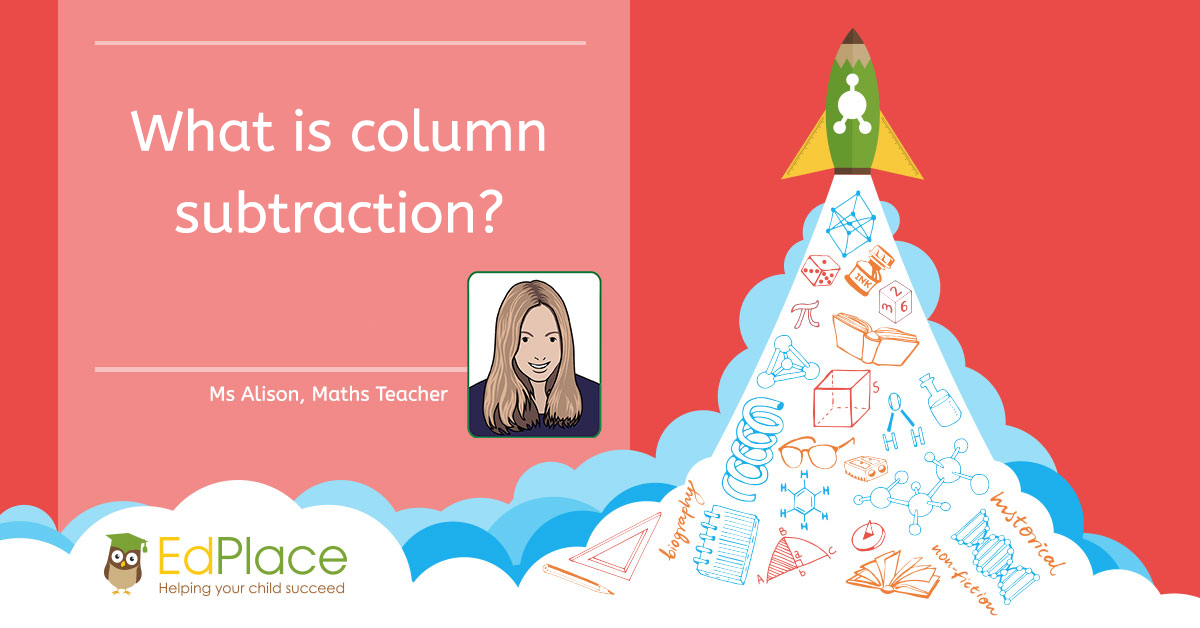 Primary school application forms are completed and now the wait to find out where your child will be starting their school career begins. A nerve wracking time, not only the worry of whether you’ll get your first choice, but also the thought of your child going to full time school and whether they are ready?
Primary school application forms are completed and now the wait to find out where your child will be starting their school career begins. A nerve wracking time, not only the worry of whether you’ll get your first choice, but also the thought of your child going to full time school and whether they are ready?
There are many activities and things you as a parent can easily do at home in order to aid that ‘school ready’ preparation. My advice to parents is that you can never do anything ‘wrong’ when trying to give your child a head start to their learning. Don’t wait for your child’s learning journey to start with a teacher at school – you as the parent are your child’s first and most important teacher and role model.
Below are a variety of thoughts, ideas, activities and support you can provide to your child to aid them in an easy transition to the exciting milestone of starting school. The main aim behind these activities is to provide your child with independence, encourage a positive attitude towards new faces, learn through new experiences and build social skills.
- Be aware of the importance of personal hygiene. Face wiping, hand washing, loo manners, teeth brushing, body washing etc.
- Encourage independent dressing: practice buttons, fasteners, zips, socks and shoes (but stay away from laces!).
- Encourage the lifting up and down of skirts/dresses and shorts/trousers when using the loo, particularly if your child wears a school uniform.
- Develop fine motor skills: to aid writing in time.
Fun fine motor skills activities: use scissors, thread beads/pasta/buttons, use giant tweezers for pick and place, finger dancing, lacing cards, follow lines with fingers, Play-Doh fun, Lego towers and cheerio/spaghetti towers.
- Encouragement to use scissors correctly and have fun with them to avoid the fear of using them. Cutting out specific objects at this stage can be tricky; however try these fun ideas.
Enjoyable scissor activities: cut up newspapers, cereal boxes, junk packaging, Play-Doh, cookie dough etc.

- Look at signs in the environment: numbers on doors, number plates, shop signs, advertisements etc. to develop a love of numbers and letters.
- Use the letter sounds rather than names. This is key to developing early reading skills when blending and segmenting words.
- Name recognition: write your child’s name out on paper, using magnetic letters on the fridge, using bath letters in the bath, in sand or mud. If your child can recognise their name, they will be able to find their school coat peg and work tray independently. If your child is interested, you can also teach them to write it - enjoy the satisfaction on their little face!
- Play clapping and action songs, through taking turns and copying each other. Excellent for developing coordination, rhyme and awareness of rhythm.
- Read and share stories/books on a daily basis. This develops a real love of books, as well as teaching them how we hold and read a book. Perfect for stimulating their language development and a creative imagination.
- Carry out calm activities: reading, jigsaws, drawing, board games that all require a focus. These develop an understanding of concentration on a task for a prolonged period of time.
- Encourage your child to speak in full sentences as much as possible. Repeat and model full sentences back to your child.
- Ask questions and encourage your children to ask you questions. This develops an inquisitive mind as well as understanding how to ask and answer questions - a key life skill.
- Mealtimes: ask children to help lay the table, encourage proper use of cutlery, talk about where the food comes from, what it looks and tastes like.
 Lively cross curricular activities: get messy, go on nature walks, make dens, visit museums, enjoy music, play instruments, dance, play board games and complete puzzles, practise climbing, jumping, bouncing and moving in different ways, try to cook different foods, take photographs, explore and be adventurous, have fun together.
Lively cross curricular activities: get messy, go on nature walks, make dens, visit museums, enjoy music, play instruments, dance, play board games and complete puzzles, practise climbing, jumping, bouncing and moving in different ways, try to cook different foods, take photographs, explore and be adventurous, have fun together.
We hope these ideas inspire you and your ever-growing little learners.
This is a guest blog post written by Laura from Little Learning Seeds. Little Learning Seeds is an educational support company. Their services include parent workshops providing ideas, resources and support on how to prepare your child for school as well as supporting their learning through the first few years of formal education. For more information see www.littlelearningseeds.com.










